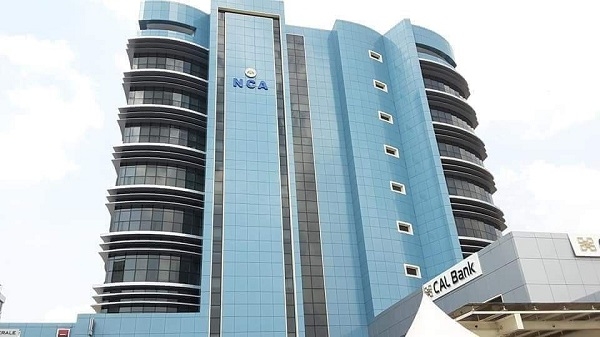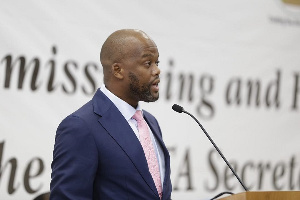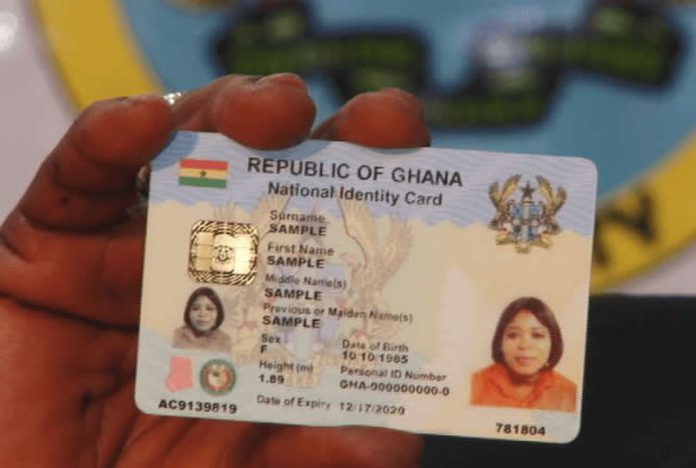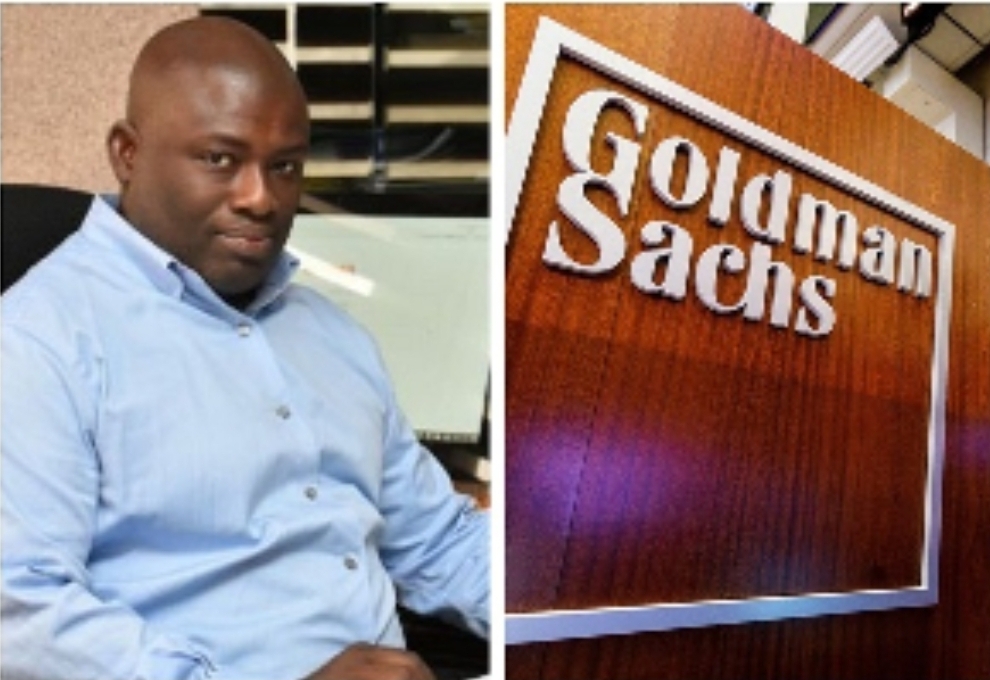Joe Anokye, the NCA and internet data consumers’ quality of experience

In the last few days, peeps have been saying on social media that internet data cost in Ghana is too high.
The B&FT, Pulse Ghana, Starr FM, Ghanaweb, and many more media platforms have in response published articles about the matter, echoing consumer concerns.
In response, Ghana’s National Communications Authority (NCA) issued a statement on 21 July on its website against the “public outcry”.
The statement indicated that the NCA had introduced “technology neutrality” to prevent MTN, a “Significant Market Power” from cheating consumers.
The NCA also referenced a research published by cable.co.uk which says that Ghana is doing well; we are third in West Africa in terms of cost of One Gigabyte of internet data per month.
Yet in the public outcry Ghanaians are calling “for the dissolution of the NCA board” according to a 23rd July 2024 story published by connectingafrica.com, authored by associate editor Matshepo Sehloho.
The cable.co.uk team has done its job, but just like all averages, the devil is in the detail.
Cable.co.uk used advertised data plans on the mobile networks’ websites for its calculations.
But we know that some packages are limited to, for example,
1) how long you’ve used the data service, or your age, meaning new customers can’t enjoy some data bundle services; and
2) if you’ve downloaded the network’s app or buying directly, meaning those using 3G phones can’t benefit from cheaper packages.
In the Cable.co.uk survey, a total of “492” data plans were collated, but some plans are mutually exclusive of each other, meaning once you buy a one-week data bundle, or a 24 hour data bundle, for example, and you don’t finish using it due to poor network, or whatever reason, you lose everything if you don’t have the means to repeat that bundle purchase.
Also, cable.co.uk used data as of 9th April 2024, but we all know since then our exchange rate, inflation rate and purchasing power parity have changed.
So while cable.co.uk converted all advertised currencies into US dollars for ease of analysis, purchasing power parity and other parameters, for example, will surely paint a different picture.
Then again, Quality of Service (QoS) is totally different from price regimes.
For example, across Africa, the average 1GB data bundle cost per month is USD0.40 for Ghana, which is in 2nd place behind Malawi.
Africa-wide, Ghana is ahead of Morocco which is in 5th place.
But surely the quality of internet data service and experience in Morocco is better, isn’t it?
In our case, the exchange rate of one cedi to 0.075 USD as of 9th April was referenced for the survey.
But by 26 July, just three months down the line, the rate is now one Ghanaian cedi to 0.065USD, showing we are getting less dollars now for one cedi and less value.
Simply put, depreciation-wise, we’re getting 0.01 USD less for one cedi, or paying 15 pesewas more to get one cedi since the survey.
In reality, consumers who buy 10 cedis data per week are paying USD0.65.
Thus when consumers buy 40 cedis internet data a month, that is USD2.58, far higher than the average of USD0.40 per one Gigabyte data per month that cable.co.uk is quoting.
Our NCA should, therefore, tell us the real costs based on real data rather than use the analysis from cable.co.uk because many consumers may not subscribe to some of the “advertised” data services by the mobile network operators.
In the face of these facts, instead of admitting failure, Joe Anokye, the NCA boss, according to Ghanaweb in the aforemention article published 24 July and sourced from mynewsgh.com, “assured the people of Ghana that data prices may reduce in 2025”.
The Ghanaweb/mynewsgh.com story stated that Joe Anokye spoke on Citi FM where he reportedly said, “Data prices are expected to go down, especially with the NGIC [Next-Gen InfraCo] wholesale carrier-neutral open access. Now AT, Telecel, and even MTN, will just buy bulk; they don’t have to upgrade towers, and they don’t have to buy equipment to provide 4G, and another entity is doing that.”
The NCA boss reportedly added: “They are supposed to launch by the last quarter of the year, and from there we will begin adding more towers. I think we should be hopeful.”
Now to some more serious questions for the NCA Director-General.
First question; Quality of Service (QoS) Survey, but more to the point is the Quality of Experience (QoS) Survey question.
In the last eight years when Joe Anokye has been the Director-General of the NCA, when did his outfit embark on a Quality of Service and Quality of Experience exercises; may you please Sir, publish the results if such information is available?
You are supposed to do that and sanction the Mobile Network Operators (MNOs) that do not meet compliance standards, period.
It is trite knowledge that our government’s equipment can indicate that the quality of service is good while at the same time, the consumer may report poor quality of experience.
Therefore, respectfully Sir, could you please stop giving us promises for 2025?
A lot of people are spending their food money buying internet data bundles and cannot use them because the networks are often down.
You can already imagine what consumers in the Bunkpurugu Nakpanduri District, especially those residing around my mud house are going through.
All told consumers are losing money while their data bundle packages expire, in many cases.
Even in the case of MTN that the UK researchers say its data bundle does not expire, what’s the point of having a package with no expiry but consumers cannot enjoy it now…..but “may” enjoy in “2025”?!
The poor nature of Quality of Service is frankly due to lack of monitoring even though in recent times our Government has spent money on modern equipment for purposes of monitoring quality of service.
Then we come quality of experience for which data is lacking.
When was the last time the NCA applied sanctions on the Mobile Network Operators for violating or not meeting the agreed Quality of Service parameters?
The writer, Dr Abed Lamangin Bandim writes from his mud house in the Bunkpurugu Constituency
Source: Dr Abed Lamangin Bandim





